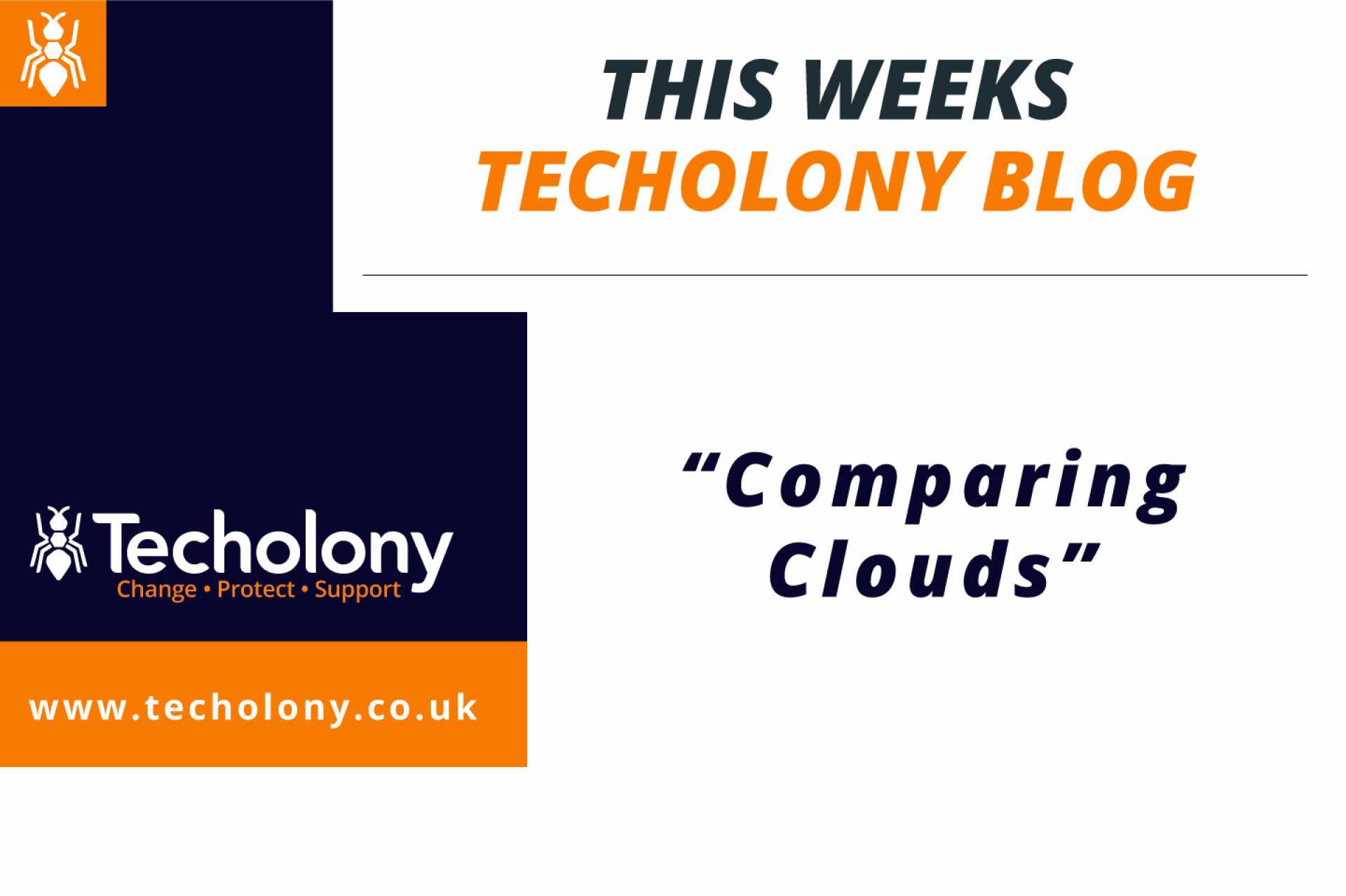The Techolony team take a look at the variations between Public, Private and Hybrid clouds, and their suitability for your business

Do you know the difference between Public, Private and Hybrid Cloud?
Depending on the organisation, each of these cloud options provide the business with exactly what they need. As always, it is crucial to ensure your business has the system that delivers what's needed, rather than than offering more unneeded features; Striking the fine balance between a system that delivers sufficiently for current requirements, yet offers “room to grow” as business operations expand and contract is key. The team at Techolony have outlined the main differences between Public, Private and Hybrid clouds.
What is Private Cloud?
This is a bespoke cloud service, in which the computing resources are utilised by a single organization. Private cloud is only accessible from within the organization - not externally or for public access. This type of cloud would be good for a company that wants to control the physical location of their data, need enhanced security and does not operate “on the road” or similar, or operates strictly from one geographic location.
What are key advantages of a Private Cloud?
Flexibility – customisable cloud environment designed to meet exacting requirements
Security – thanks to its locked down nature, extra levels of control and security are available.
Scalability – private clouds still offer the scalability and efficiency of a public cloud, but usually at a higher cost in the short term.
What is Public Cloud?
Public cloud is exposed to the public and can be used effectively by anyone. Google is an example - which operates various products under its open cloud services including Google Drive, Google Photos, Google docs and more.
What are key advantages of a Public Cloud?
No capital costs – no expensive hardware or software is needed, public cloud products are available for all platforms, on a subscription based model.
Zero maintenance – the service provider is responsible for any required maintenance, through seamless software updates
Scalability – offers almost unlimited scalability for fitting in with growth accordingly with business requirements
Reliability – the scale of public cloud ensure against failure thanks to server backups at a global scale.
What is Hybrid Cloud?
This is a blend of both private and public cloud services, allowing user to allocate data to the most suitable cloud system. For example, sensitive applications are stored on the private cloud (only accessible through the organization’s network) whereas less sensitive data, or data required while on the road, can be hosted outside the networking using public cloud services. Advantages being that users can them interchangeably use both systems depending on the requirements.
What are key advantages of a Hybrid Cloud?
Control – blending the best of both worlds according to the specific data, ideal for remote (or flexible culture) workforces
Cost effective - allows organizations to scale to public cloud without upgrading hardware
Next level security - allows extra lockdown security for specific data, and the flexibility of public cloud when needed
Find out about Techolony
Techolony specialise in 'Defining, Designing and Delivering' Digital Transformation solutions.
__________________________________________________
Follow Us on LinkedIn for our next blog post or Register for a callback now and discover what we can do for your business.
We look forward to hearing from you.
Nick Hague
Managing Director
_________________________________________________
1. Learn more About Techolony.
 Change
Change
 Associate Members
Associate Members